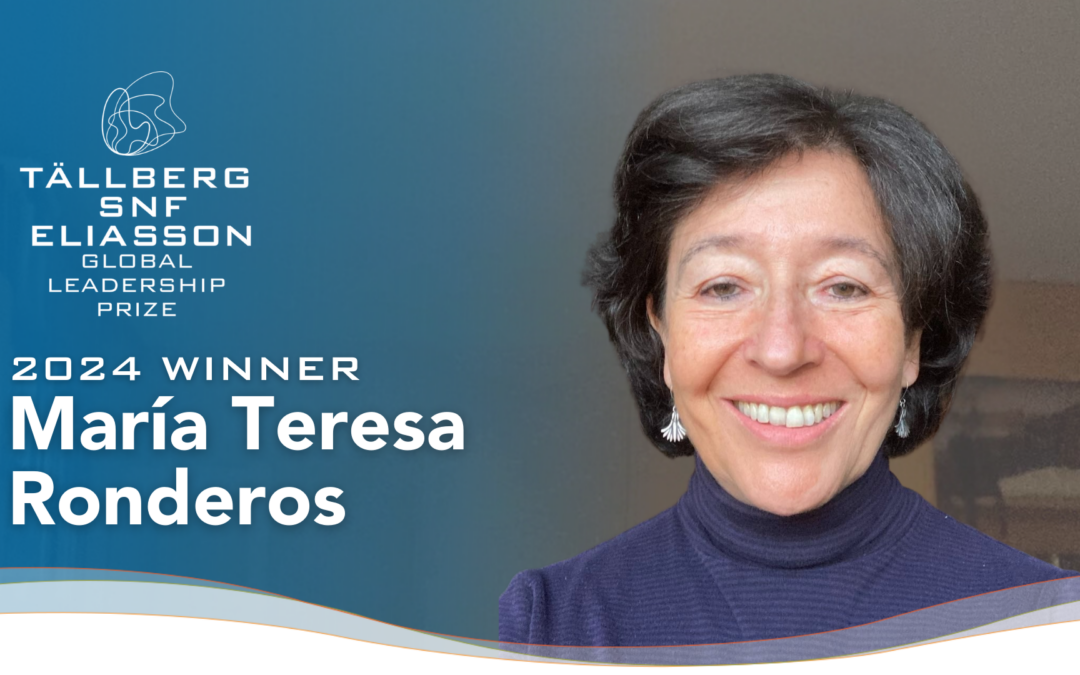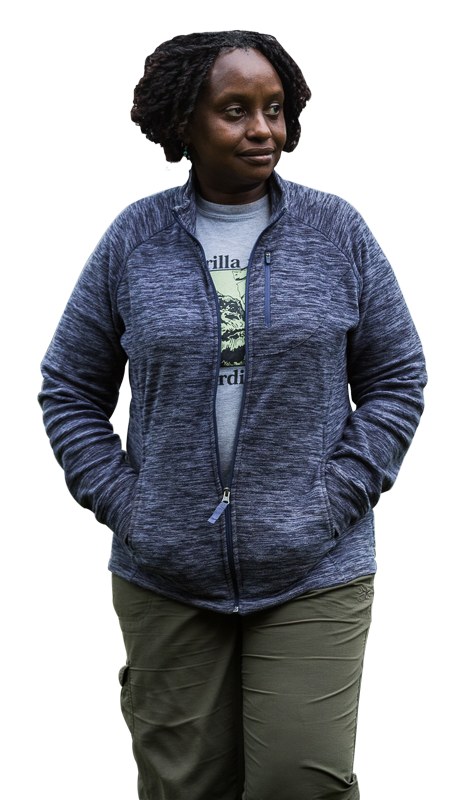An Innovator of Collaborative Investigative Journalism
Maria Teresa Ronderos has spent her career fighting for truth, transparency, and the power of investigative journalism. As the co-founder and director of the Center for Latin American Investigative Journalism (CLIP), Ronderos has brought together a community of journalists committed to uncovering corruption, injustice, and inequality across Latin America.
For Ronderos, journalism is not just about reporting facts—it’s about driving change. “I’m an optimist,” she says. “I believe things can always be made better, and I get frustrated when people say something can’t be changed.” This determination has been at the heart of her leadership, pushing the boundaries of what journalism can achieve in a world filled with misinformation and attacks on press freedom.
A Vision for Cross-Border Journalism
Ronderos believes that the most powerful stories are those that transcend borders, connecting issues that might seem isolated to larger, global patterns. With CLIP, she has championed a cross-border approach to journalism, bringing together investigative reporters from different countries to collaborate on stories that have a wider impact.
“When journalists work together across borders, they create a much bigger impact,” Ronderos explains. One of CLIP’s groundbreaking stories followed the journey of migrants from Africa to the Americas. Published in media outlets around the world, the story shone light on global migration patterns that are often overlooked in national reporting. “The collaboration made it impossible to ignore,” Ronderos says.
Fighting for Journalism in an Age of Disinformation
Ronderos has also taken up the challenge of defending journalism in an era when the media is under attack, not just in countries traditionally seen as restrictive, but in places like the United States. “Journalism is under assault all over the world,” she notes, pointing to both physical and digital threats to reporters. Yet Ronderos sees an opportunity in these challenges—an opportunity to innovate and strengthen journalism’s role in society.
At CLIP, she has fostered what she calls “communities of trust,” where journalists and audiences work together to uncover the truth. “The audience knows more than we do about many of the stories we report on,” she says. “We have to involve them, build trust, and produce these stories together.”
A New Model for Journalism
Ronderos is redefining the role of the journalist in the digital age. No longer is it enough for reporters to work in isolation, competing to break stories first. “Collaboration is the future of journalism,” she asserts. Through CLIP, she has built a model where journalists work together across borders and with their audiences, producing stories that not only inform but also inspire change.
Leading with Optimism and Purpose
At the heart of Ronderos’ leadership is her unwavering belief in the power of journalism to make the world a better place. “I’ve always believed that we can change things for the better,” she says. “And I’ve dedicated my life to doing that through journalism.”
By fostering collaboration, building trust, and pushing the boundaries of investigative journalism, Maria Teresa Ronderos is leading a movement to ensure that truth, transparency, and accountability remain at the core of the media’s mission, no matter the obstacles.


